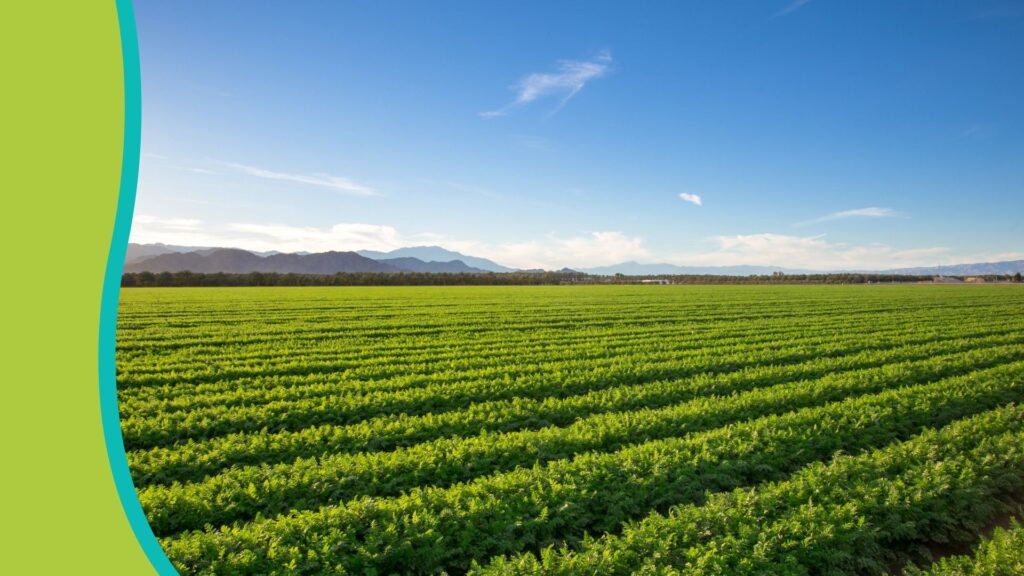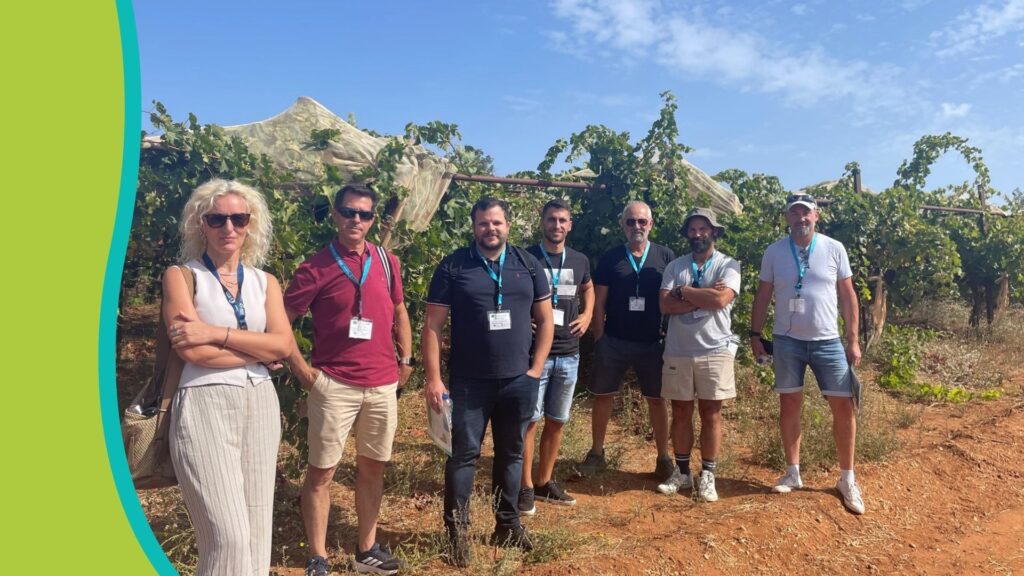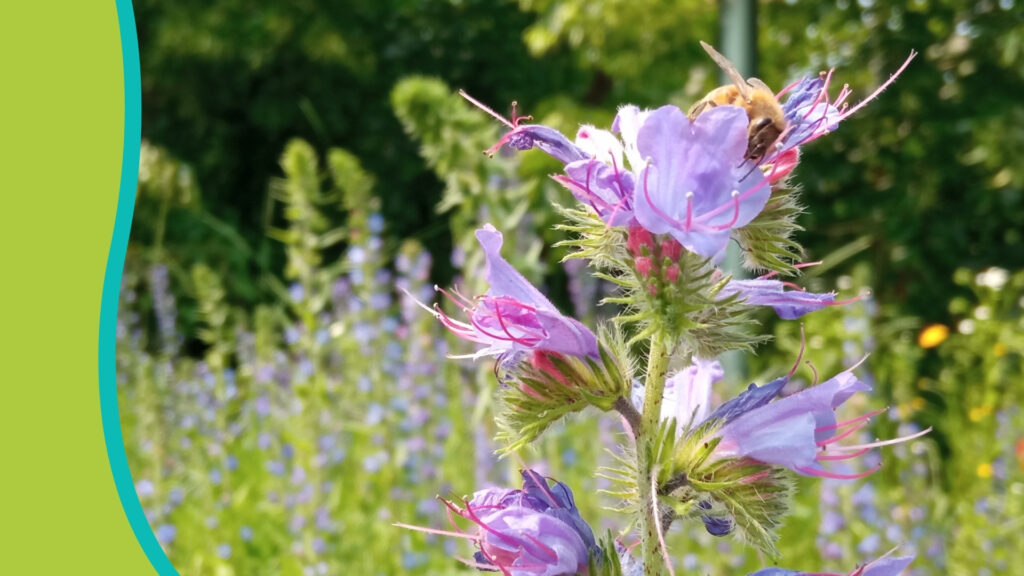Pesticides are designed to reduce losses caused by unwanted or harmful organisms. The main component of this product is the active ingredient on which the effectiveness of the formulation depends, and its origin can be natural or synthetic. In addition, the formulations include auxiliary substances such as carriers or adjuvants. These agents are commonly used in crop protection against fungi or insects. Chemical plant protection products are on the list of those permitted by the Minister of Agriculture and Rural Development. The rules for their use are strictly regulated, and the farmer must follow such rules as application dates, doses, the target crop and the specific species of the harmful organism. The Ministry’s website has a search engine that lists the plant protection products currently available for selling.
It is estimated that in Poland in 1991 the consumption of chemical plant protection products was 0.37 kg/ha, in 2010 it increased to 1.73 kg/ha and after the survey conducted in 2021 the consumption increased to 2.2 kg/ha. This is lower than the average for the European Union as a whole, as this reaches 3.2 kg/ha. In Poland, the most chemical protection products are used in vegetable crops, especially in ground tomatoes, onions and cucumbers and orchard crops, and here apple orchards, pear trees, cherry trees and strawberries lead the way. On the other hand, cereal growers use the least chemical inputs, but they have the largest array of available active substances, and this is due to their largest cultivated area in Poland.
Between 2020 and 2022, the Ministry withdrew more than 300 crop protection products from the market, including almost 50 active substances. In 2023, more than 2,600 plant protection products with 300 active substances were registered. Only 27% of the pesticides available on the Polish market are from domestic production, most are imported.
Chemical pesticides should be used at the end, when all other methods of protecting plants from pests, diseases or weeds have failed, and it makes economic sense to use them. Compliance with these rules is Integrated Plant Protection, which has been mandatory since January 1, 2014.


